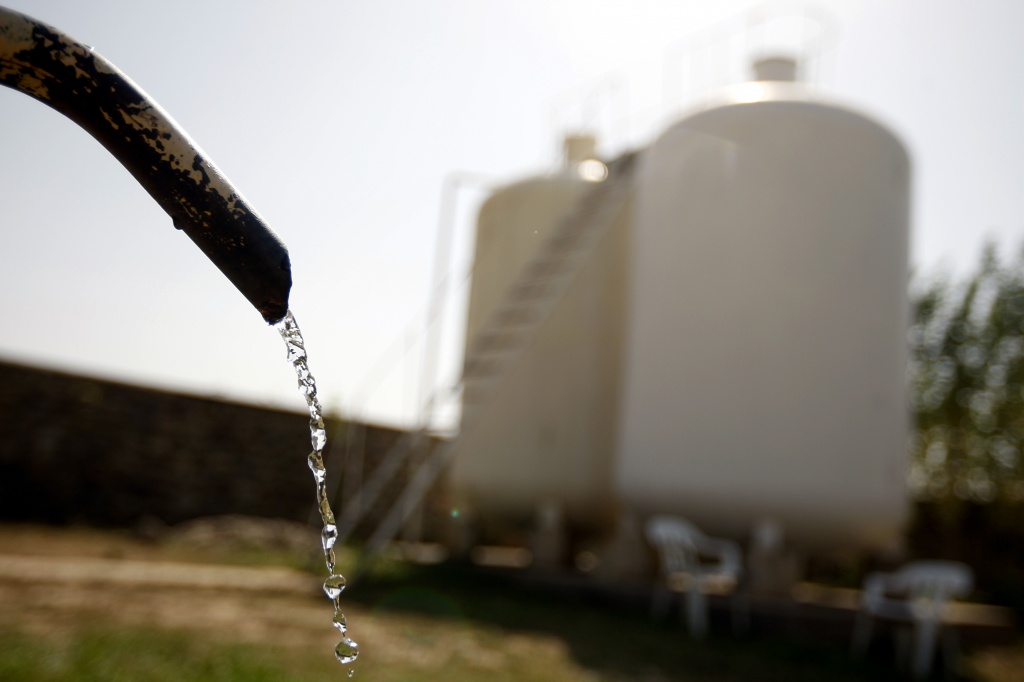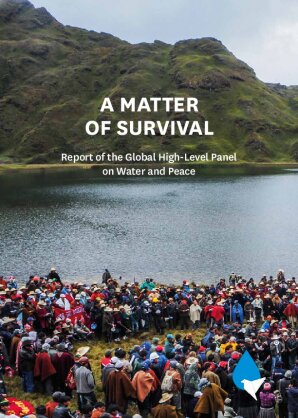
What is Blue Peace in practice?
In practice, Blue Peace is advanced when different stakeholders come together to make equitable decisions about and invest in shared water resources to promote peace.
Blue Peace uses various instruments to reduce tensions over shared water resources and build on water cooperation to support peace and stability such as:
This ensures that decision-makers have the technical expertise, political support and financial investments required to manage water in a peaceful, equitable and sustainable way.

The Global High-Level Panel on Water and Peace
In 2015, fifteen UN Member States initiated the creation of a Global High-Level Panel on Water and Peace at a ministerial meeting in Geneva, with the Geneva Water Hub provided its support and assistance as the Secretariat of the Panel. The main task of the Global High-Level Panel on Water and Peace was to explore the nexus between water and peace, and formulate recommendations for water as an instrument of peace.
A report, “A matter of survival”, was prepared as the result of the work of the Panel’s experts and policy makers, as well as with civil society organizations in the regions where the meetings were held. The Panel among others, recommends the creation of a Global Observatory for Water and Peace as an instrument of water diplomacy dedicated to the strengthening of existing activities in knowledge management, coordination of activities and consultations available to States and other relevant actors capable and willing to develop international water cooperation to new levels.
The Report of the High-Level Panel on Water and Peace consists of seven chapters covering the main areas of our analysis. Each chapter is concluded by a set of specific recommendations outlining further action. The general conclusions and recommendations aiming to help decision makers develop a coherent vision of necessary future activities and assist in practical policy making.